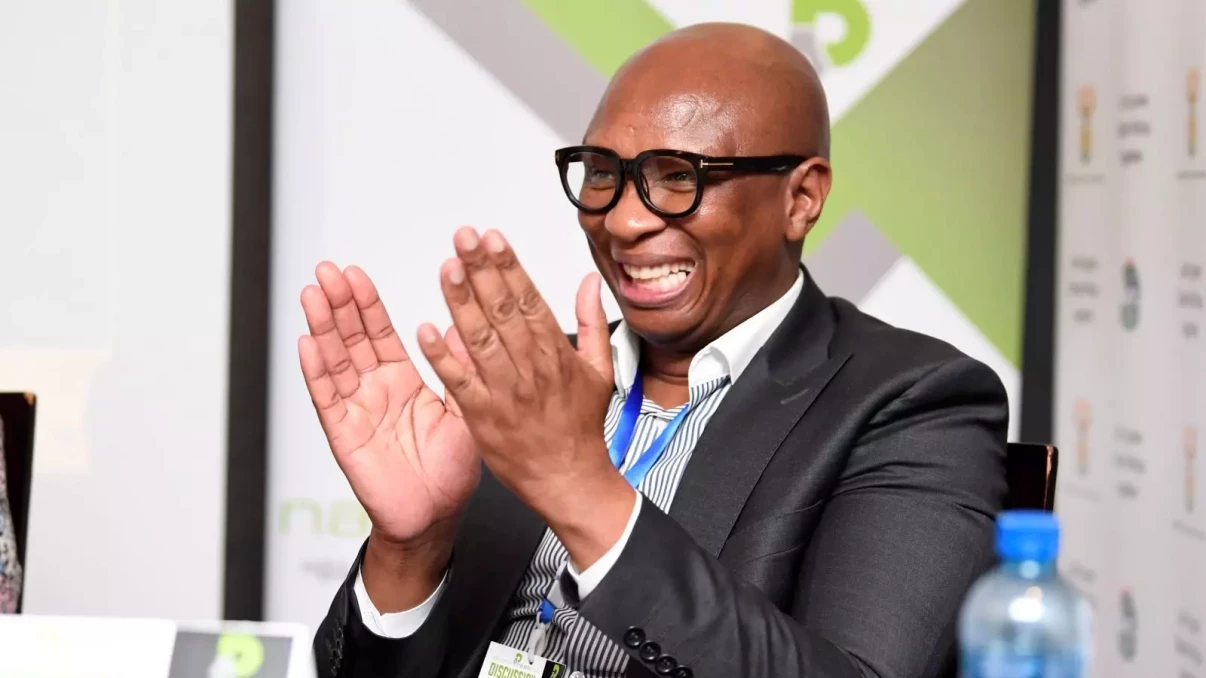Zizi Kodwa targeting to end TV Sports Rights monopoly in South Africa
12th April 2023

Ending TV Sports rights monopoly in South Africa is one of Minister of Sports, Arts, and Culture Zizi Kodwa’s priorities during his term.
Kodwa revealed this during his studio interview last week on Ukhozi FM’s Prime Sport interview with Victor Molefe in Durban.
He sees the legislation as one big solution to address this long-standing matter.
The newly appointed Minister of Sports believes that sports of national interest like all the national teams should be accessible on the national broadcaster like the SABC, and as government, they should be playing a facilitating role that would ensure that this becomes implementable.
But the sports federations in the country have previously argued during their submissions to the Independent Communications Authority of South Africa’s (ICASA) Sports Broadcasting Services Amendment Regulations in 2021, that should these be adopted it has got the potential to bankrupt the sporting codes and affect commercial growth, revenue streams and funding of development programmes.
This is based on some of these sporting codes receiving billion of rands from Pay-TV channels for exclusivity to their rights.
But Kodwa sees the need to take this process forward and ensure that the masses in the country access all the national sporting events as defined and gazetted by ICASA on Free to Air platforms like SABC Sport.
“You’ll recall the sporting code that is more accessible to Ukhozi FM listeners and SABC Sport viewers in the country is football. The other sporting codes are taken by other sports channels (Pay TV) that we cannot mention for now on this platform, but they’ve got all the broadcasting rights.
“If our people who can’t afford the subscription fees on the other channels which own these rights, and the SABC also can’t show certain sporting events like rugby as we are now headed to France to defend our World Cup title, we are going to see more of this tussle for the broadcasting rights.
“We need to have a policy that says all the national sports teams, should also be made available on the SABC or free to air platform. And we are talking about rugby, cricket, and football, our people feel neglected at times,” said Kodwa about some of the priorities in his first 100 days in office.
Kodwa is not a stranger to this discussion, internally in the ruling party African National Congress’ National Policy Conference last year, the reviewing of the Sports Broadcasting rights and ending the so-called monopoly was one of the discussion points. The former ANC spokesperson, when addressing this matter appears to be well versed in the direction it should take.
“If we are to deal with the monopoly of the broadcasting rights, we need a legislation otherwise we will continue to sit here in studio and wish that this would come to an end. We’ve got to fight for the rights of the majority our people, who are poor to have access to sport on national television, especially the sports of national interest, there must be a legislation for that.
“Because if we think that based on a political will of the commercial partners something will change, no these people are driven by profit. They are not going to do that because a Minster went to Ukhozi and said it, or the President addressed it during the State of the Nation Address.
“There must be legislation, so that you don’t have a monopoly by a certain broadcaster and then you have the majority of people who are dependent on SABC, they can’t get access to some of these sporting codes, the only sporting codes they can get to know and understand is football, the rest is meant for other people,” Kodwa emphasized on this point.
Kodwa is also aware of and monitoring the SABC’s comprehensive complaint to the Competition Commission (CC) against SuperSport and some other sporting organizations in the country, alleging some anticompetitive and exclusionary methods that are being applied. The matter is yet to be ruled on by the CC’s Commissioners.







